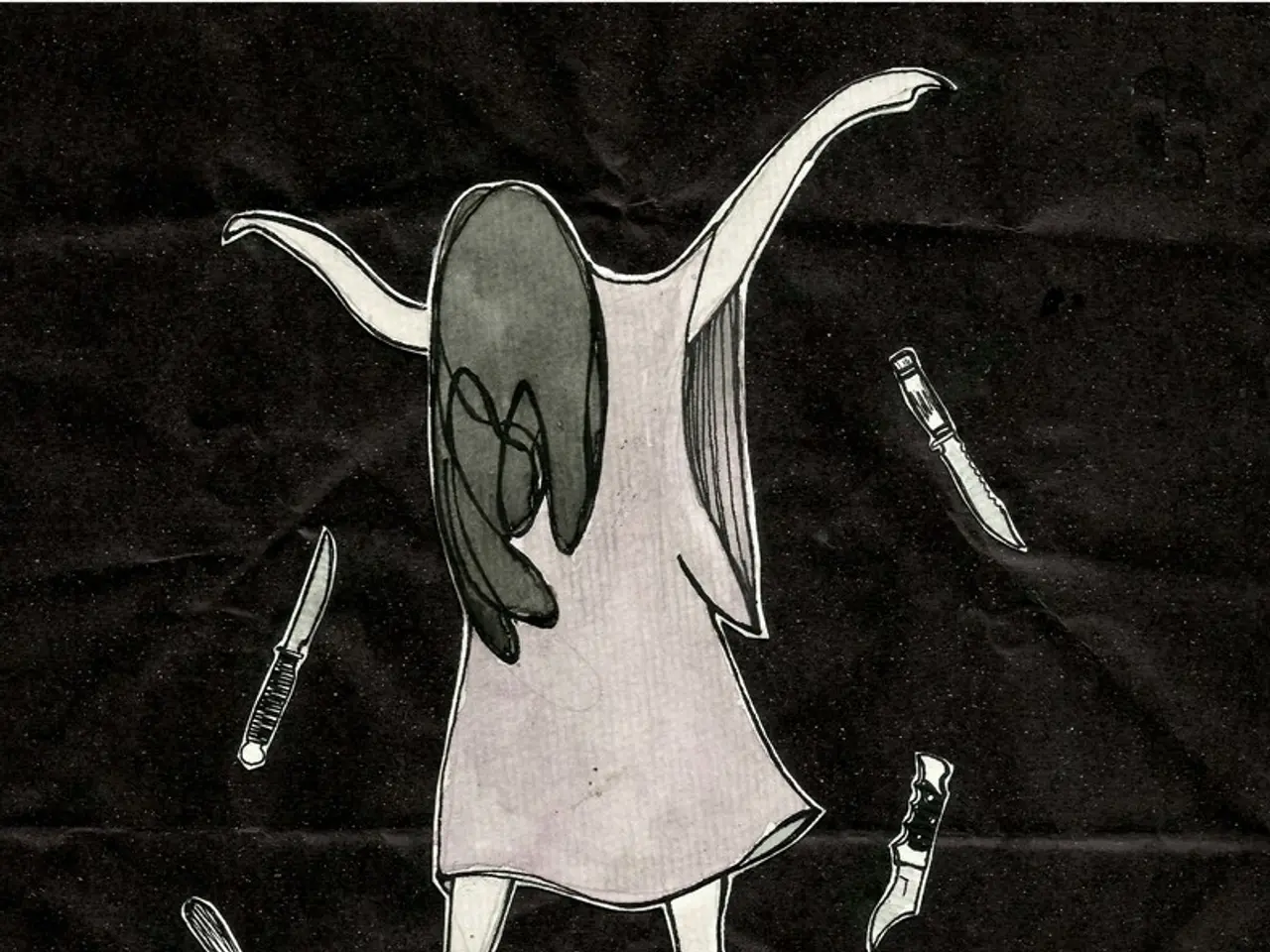A Tight Spot for the EU: Slovakia's Veto Threatens New Russian Sanctions
Slovakia Persists with Its Trade Restrictions Towards Russia
Slovakia could jeopardize the EU's plan to impose a fresh round of sanctions against Russia, as Prime Minister Robert Fico has hinted at vetoing the 18th sanctions package due to the proposed complete gas supplies exit from Russia by 2028. While Fico supports further aid to Ukraine, unlike Hungary's Prime Minister Orban, he is hesitant to cut off the gas supply from Russia.
Slovakia's Economic Dilemma
Fico warned that severing ties with Russia entirely would be detrimental to Slovakia, rather than Russia itself: "Listen up. We have no access to LNG terminals; we could face shortages, and prices could skyrocket. The RePowerEU plan is idealistic," he stated. Fico is concerned about legal trouble too, as Slovakia holds a valid gas supply contract with Gazprom until 2034, which the EU Commission seeks to terminate under the guise of force majeure. Fico believes this argument would not hold up in an international arbitration court, hence the EU should cover potential multi-billion-dollar penalties for Slovakia.
A Different Story in Hungary
As an inland country directly fronting Ukraine, Slovakia is heavily dependent on raw material supplies from Russia, placing it among the most such affected EU and NATO member states. Fico has frequently criticized individual EU sanctions for harming Slovakia more than Russia. Meanwhile, Slovakia has supported all sanctions against Russia to date, except for the gas restrictions.
Enriching the Tale
- Economic Menace: With over 85% of Slovakia's domestic gas requirements met by Russian gas, the EU's proposed severance poses a significant threat to Slovakia's domestic industry and energy security, potentially raising utility costs and leaving the country exposed to energy supply vulnerabilities.
- Contingent on a Plan: While Slovakia is not antagonistic to the sanctions' intent, it insists that any sanctions package should be directly linked to a viable strategy to phase out Russian gas imports and compensation mechanisms to soften the resulting economic impacts.
- Hungary's Solidarity: Slovakia has joined forces with Hungary, which has taken a similar stance, claiming that the sanctions would destroy its energy security and violate its exemption from the Russian oil ban, along with criticizing EU actions that it believes are economically damaging or bias politically, such as opposition to Ukraine's EU accession.
- Consequences of the Veto: A veto could hinder the adoption of the 18th sanctions package, aggravate political discord within the EU concerning the strategy towards Russia, particularly with regards to energy dependencies, and necessitate compromises or financial support to proceed with the sanctions.
Sources: ntv.de, uzh/dpa
Featured Keywords:
- Slovakia
- Ukraine Invasion
- Ukraine
- Russia
- Brussels
- Gazprom
- Gas
- Gas Supplies
- Hungary
- EU Sanctions
- NATO
- Energy Dependency
- Economic Impact
- The economic and monetary union of the EU could face challenges due to Slovakia's potential veto on the 18th sanctions package aimed at Russia, considering Slovakia's heavy reliance on Russian gas imports for its domestic industry and energy security.
- The economic and monetary union of the EU might need to provide financial support or contingency plans to address potential economic consequences if Slovakia's veto on the 18th sanctions package forces a prolonged dependency on Russian gas supplies, as Slovakia has expressed concerns about the proposed severance.






